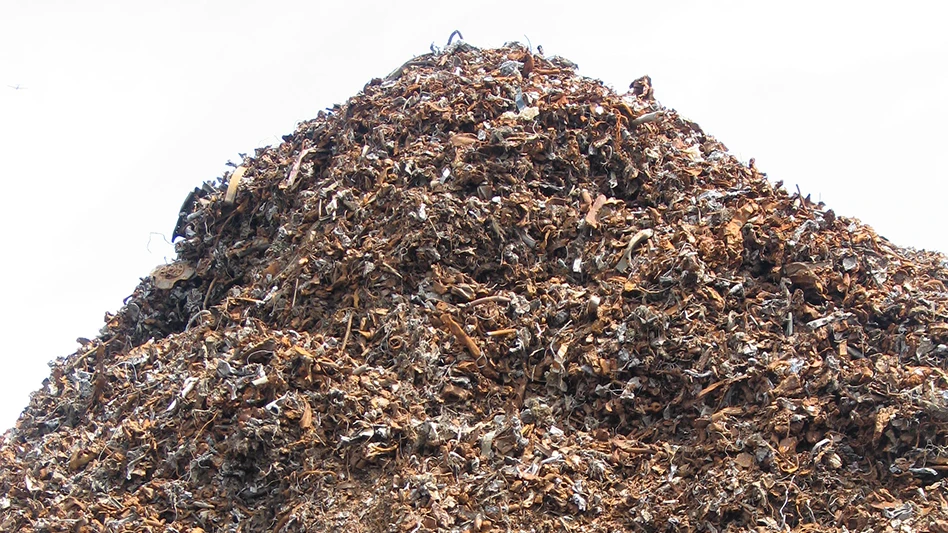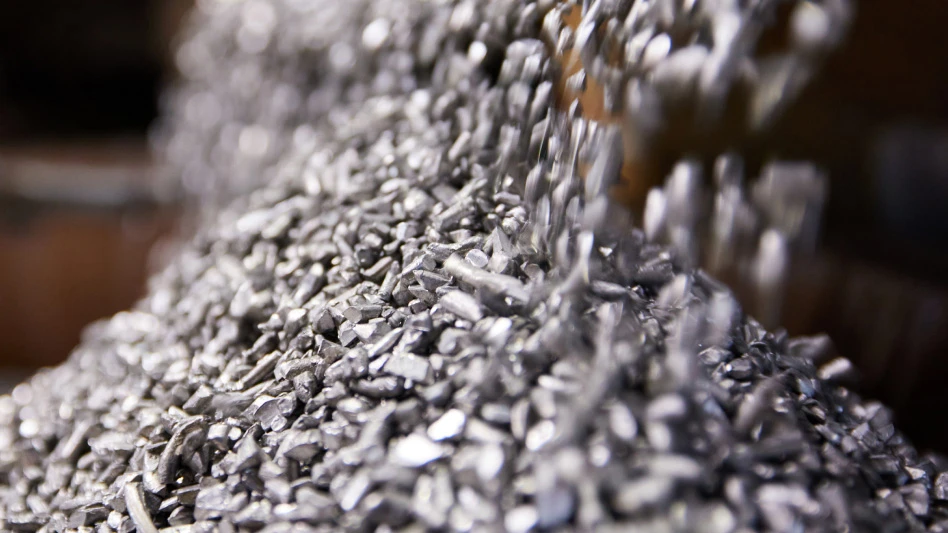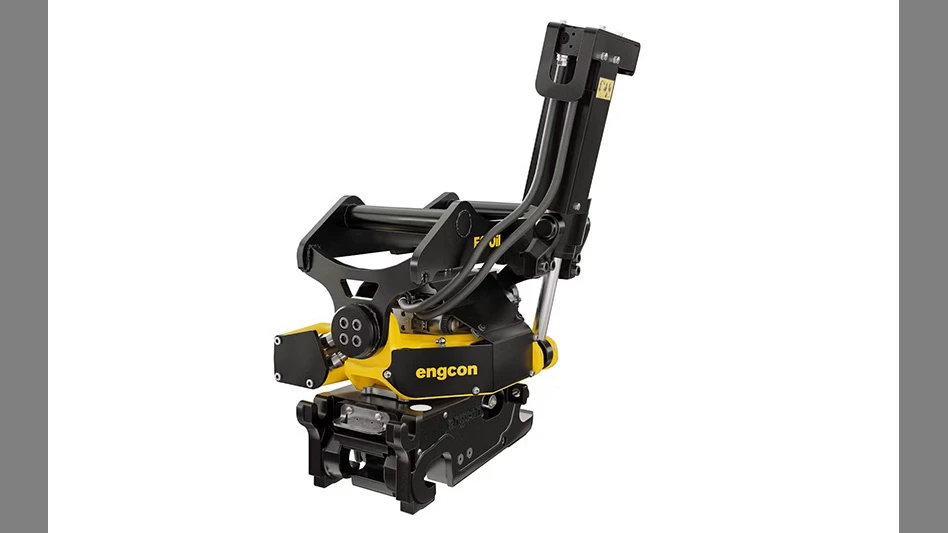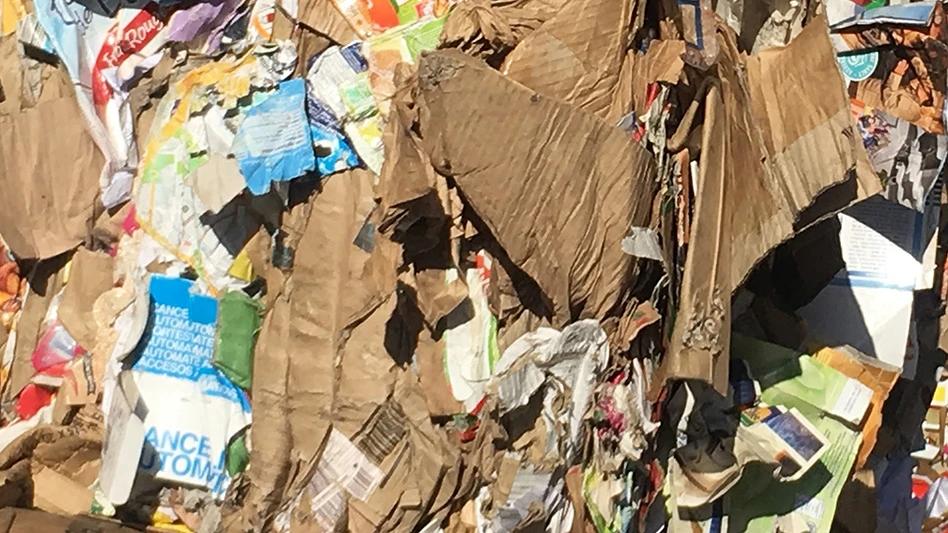
Recycling Today archives
Fort Wayne, Indiana-based electric arc furnace (EAF) steelmaker and metal recycler Steel Dynamics Inc. (SDI) has reported third-quarter 2023 net income of $577 million, which represents a 28.9 percent drop from the prior quarter and a 36.9 decrease year on year.
The company’s third quarter 2023 net sales of nearly $4.6 billion also were down, by 18.8 percent, from more than $5.6 billion one year ago.
“The teams executed well and delivered a solid third-quarter performance across our operating platforms,” SDI Chair and CEO Mark D. Millett says. “The sequential decline in earnings was the result of lower realized flat-rolled steel and steel fabrication pricing. We achieved record liquidity of $3.7 billion while at the same time continuing to invest in our growth and providing strong shareholder distributions."
Millett portrays a steel landscape that remains active but that does not enjoy the wider profit margins of 2022. “Customer order activity and steel demand were steady during the third quarter, with our steel shipments remaining consistent, excluding the lost volume from Sinton’s unplanned July outage of approximately 90,000 tons,” Millett says, referring to the company’s EAF mill in Texas.
Although ferrous scrap input prices dropped for SDI’s steel mill segment in the third quarter, so did the price it was able to charge for its steel.
The company says its third quarter 2023 average external product selling price for its steel operations decreased $66 per ton from the prior quarter, while the average ferrous scrap cost per ton melted at the company’s steel mills decreased $39 per ton, dropping to $405 per ton.
Third quarter operating income from SDI’s metals recycling operations, which includes the OmniSource network of scrap yards, decreased 54 percent to $19 million “as ferrous scrap shipments declined combined with metal spread compression related to lower realized ferrous and nonferrous scrap pricing,” the company says.
“Domestic ferrous scrap demand was impacted due to numerous steel mill maintenance outages during the quarter," SDI adds.
The better news for SDI came from its downstream steel fabrication operations, where it achieved historically strong operating income of $330 million in the third quarter.
SDI's fabricated products order backlog extends through the first quarter 2024, with strong forward pricing. In addition, the company believes the continued onshoring of manufacturing, coupled with the robust United States infrastructure and Inflation Reduction Act programs, combined with industrial construction, supports strong demand in the coming years.”
Looking ahead, Millett offers little guidance for the fourth quarter of this year, instead addressing a longer near-to-medium-term future.
“Customer order entry activity continues to be solid across our steel operations, as demand continues to be steady and customer inventories remain at low historical levels,” Millett says. “We believe North American steel consumption will increase in the coming years, and that demand for lower-carbon emission, U.S.-produced steel products coupled with lower imports will support steel pricing.”
Millett also expresses confidence in SDI’s decision to enter the nonferrous metals sector. “The team continues to make great progress on our aluminum flat-rolled products mill and related investments. We remain incredibly excited about this meaningful growth opportunity, which is aligned with our existing businesses and operational expertise,” he says.
“The team has placed orders for all critical equipment, and the Columbus, Mississippi rolling mill site is exceptional. We are pleased to further diversify our end markets with plans to supply aluminum flat rolled products with high recycled content to the countercyclical sustainable beverage can and packaging industry, in addition to the automotive and industrial sectors.”
Latest from Recycling Today
- SWANA webinar focuses on Phoenix recycling collaboration
- Domestic aluminum demand up through Q3 2024
- IntelliShift honored at IoT Breakthrough Awards
- Ace Green Recycling finalizes plans for battery recycling site in India
- Ambercycle, Benma partner to scale circular polyester
- NIST database aimed at increasing textile recycling
- ILA, USMX announce tentative agreement
- Innventure subsidiary acquires rights to advanced plastics recycling technology





